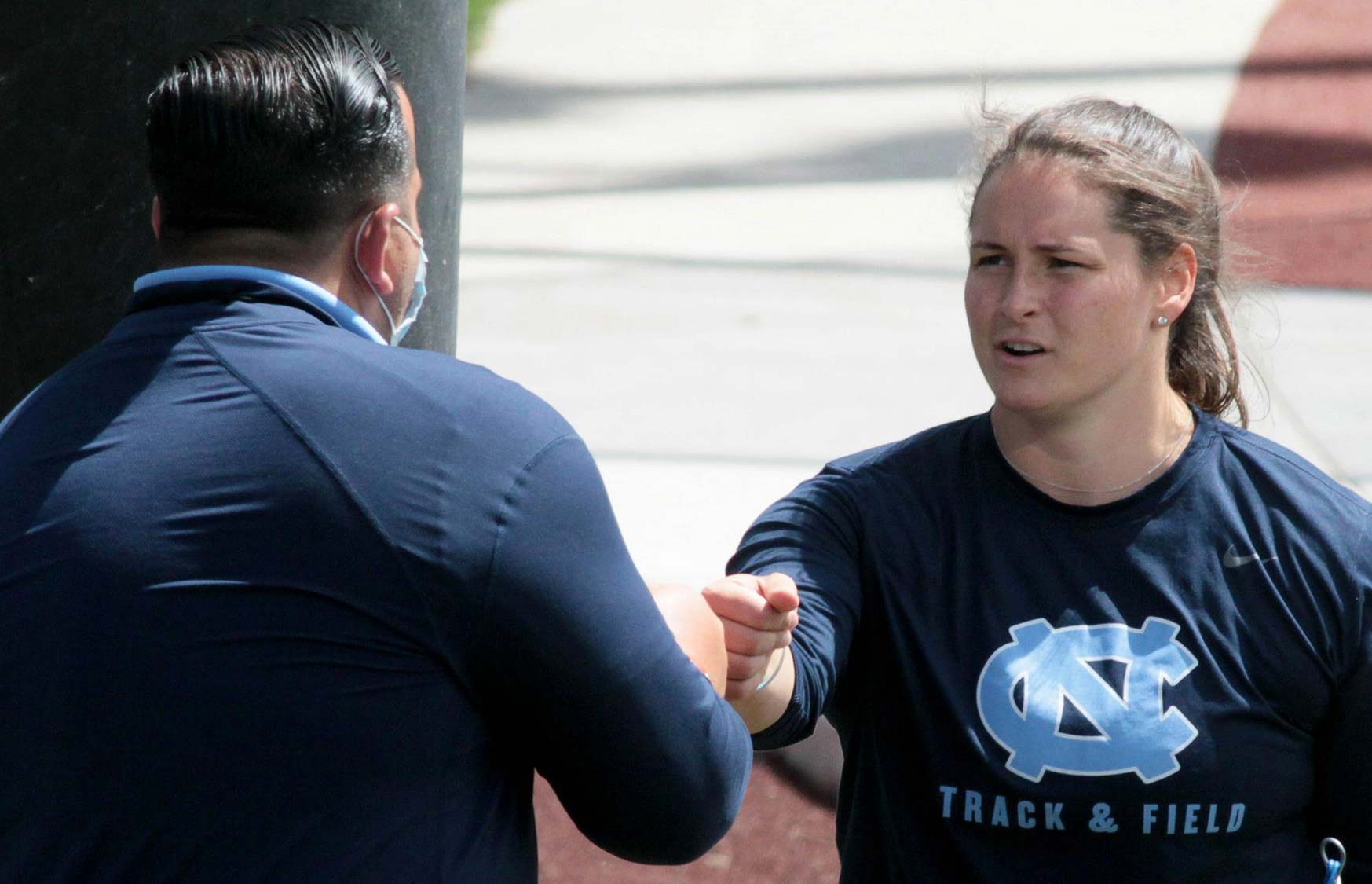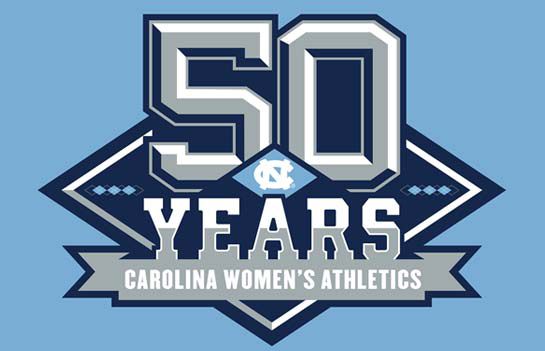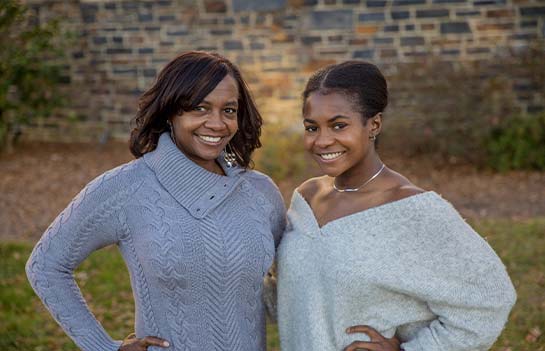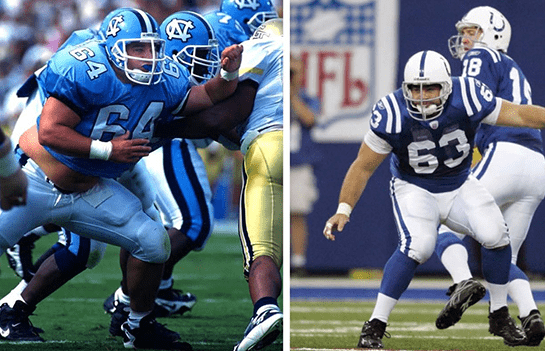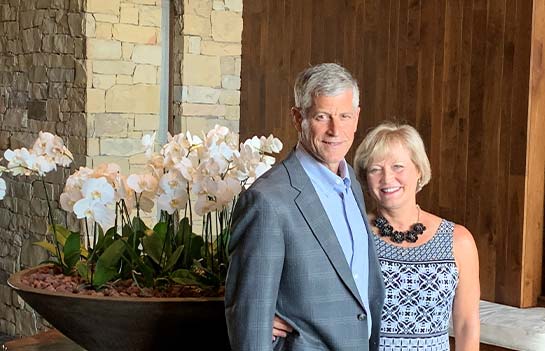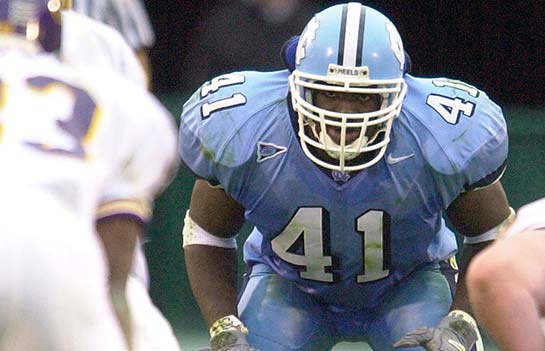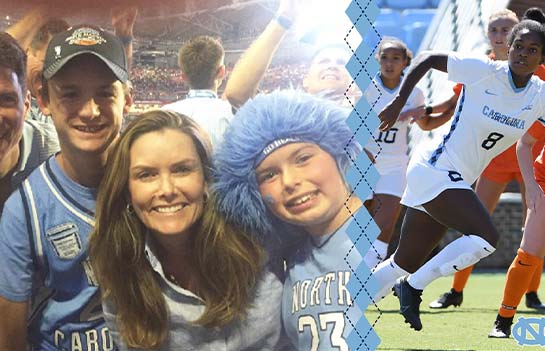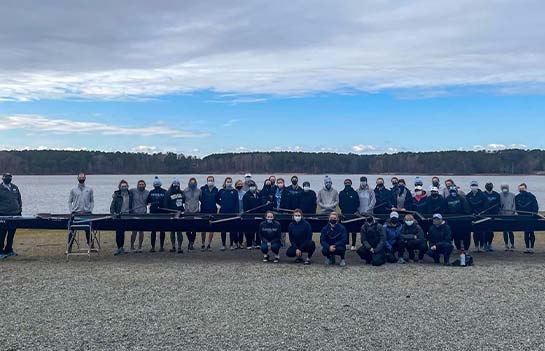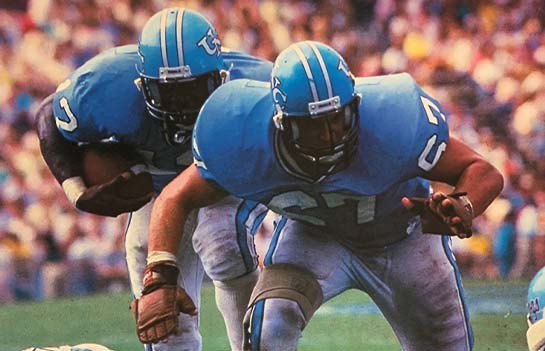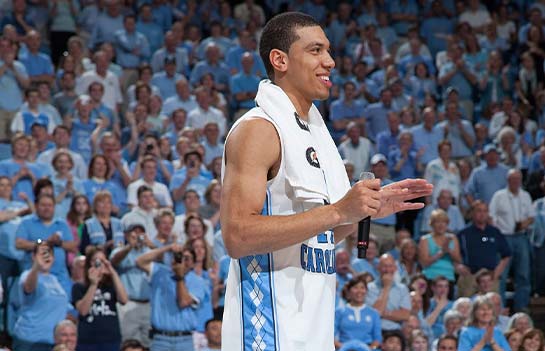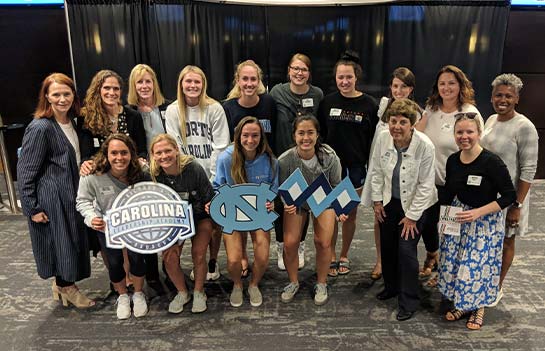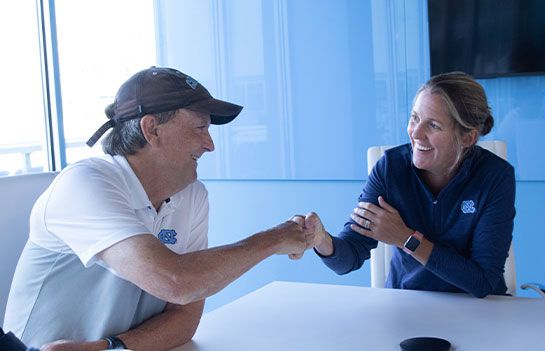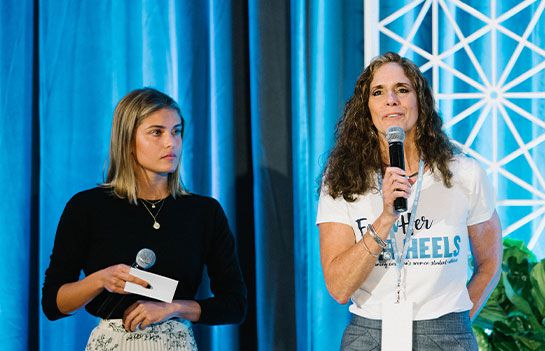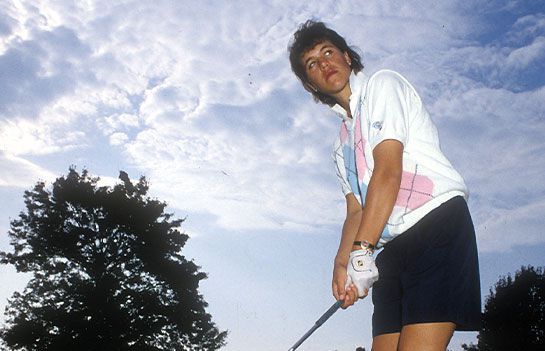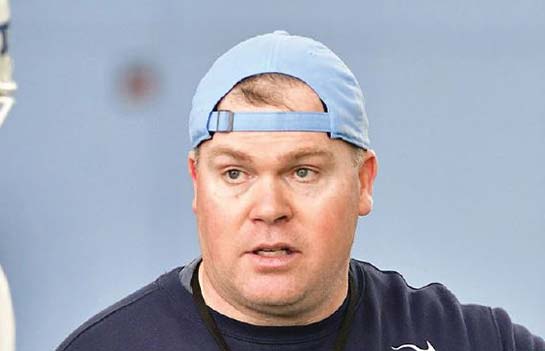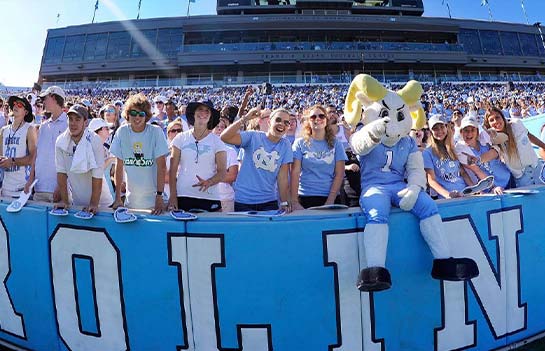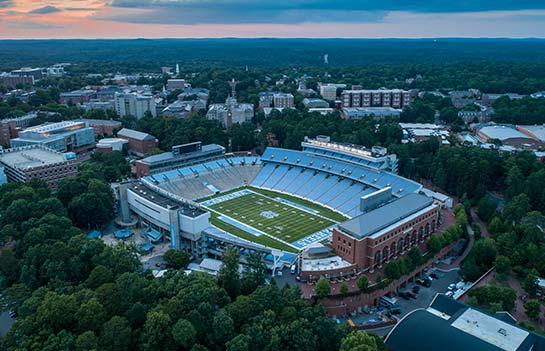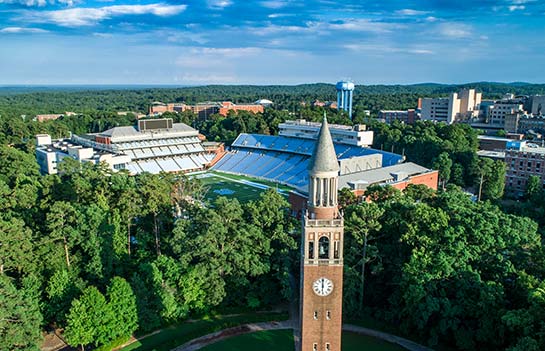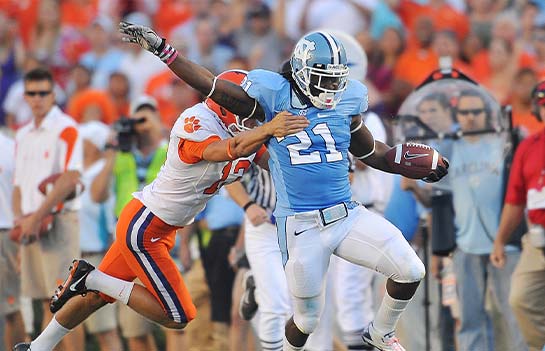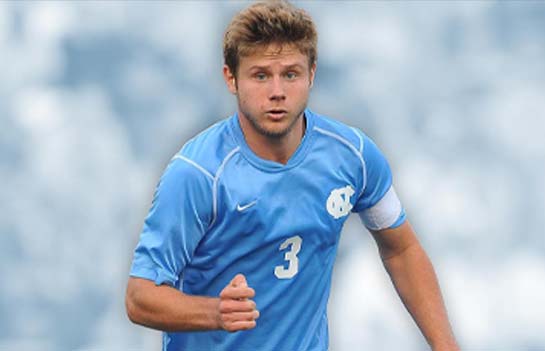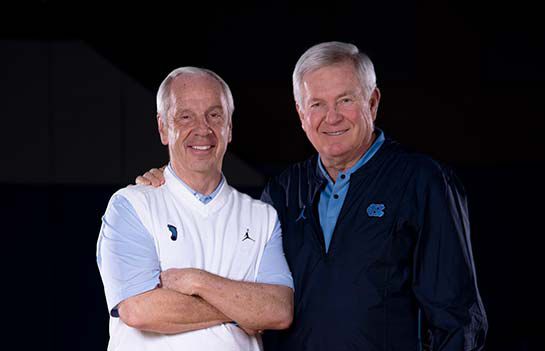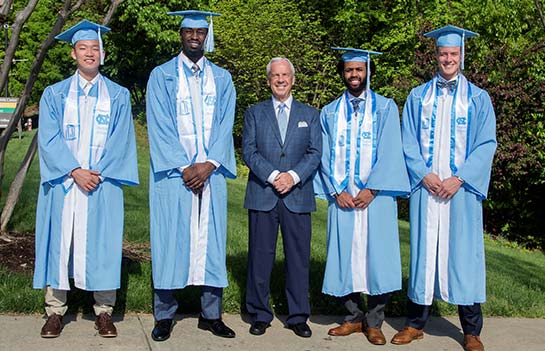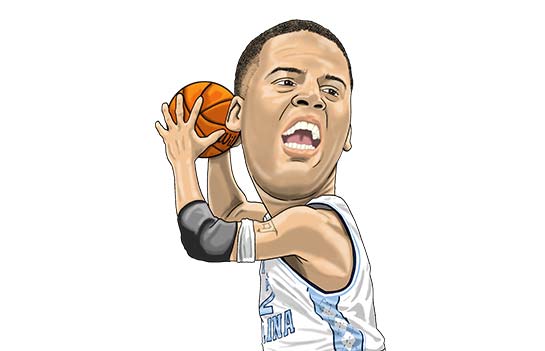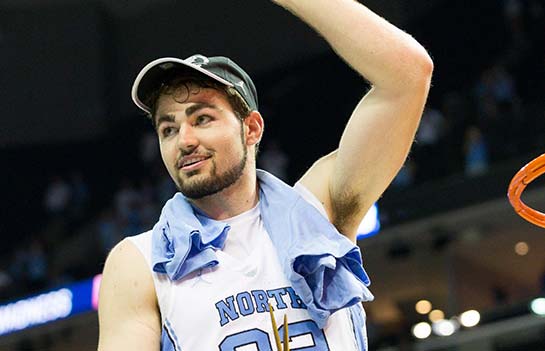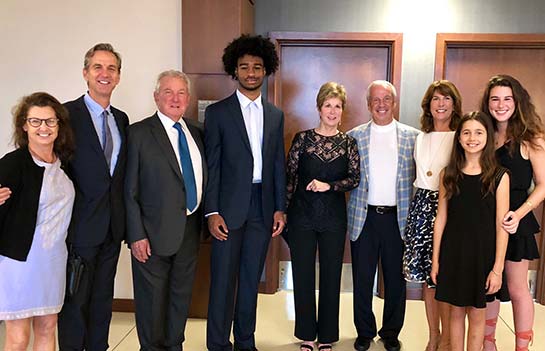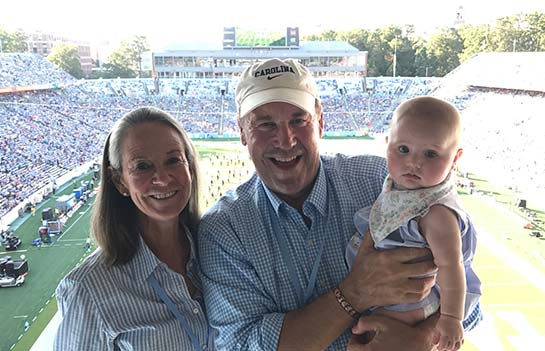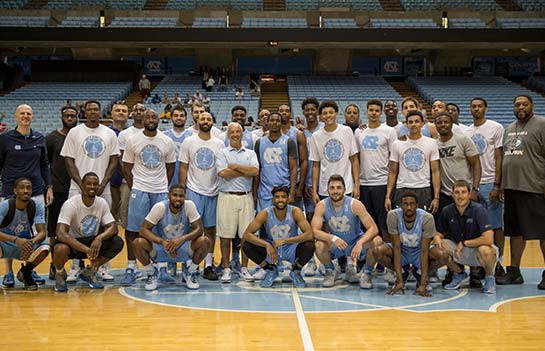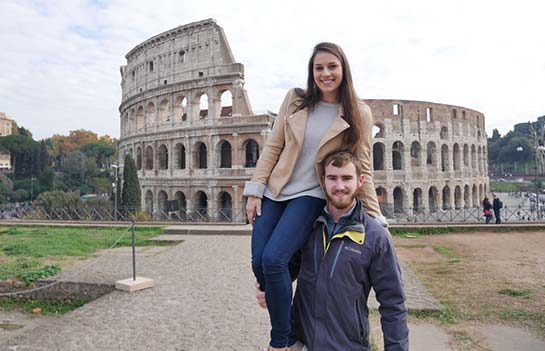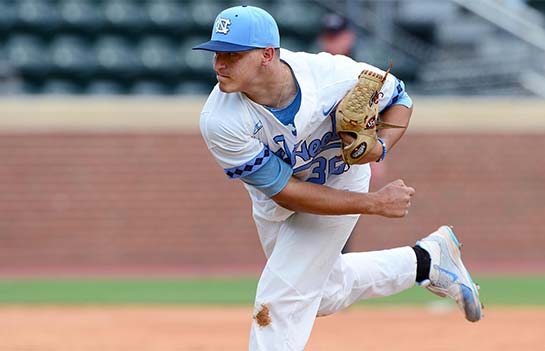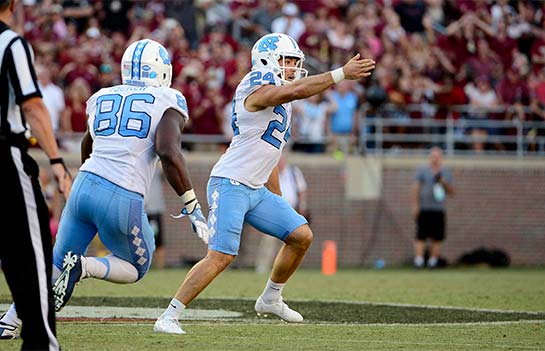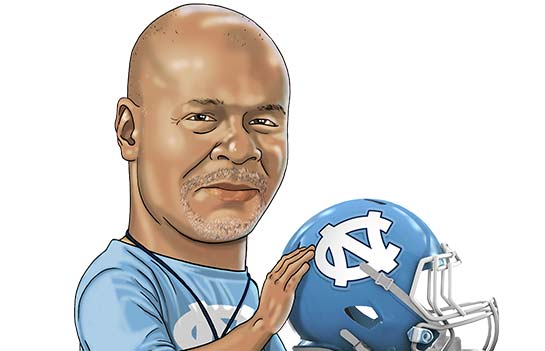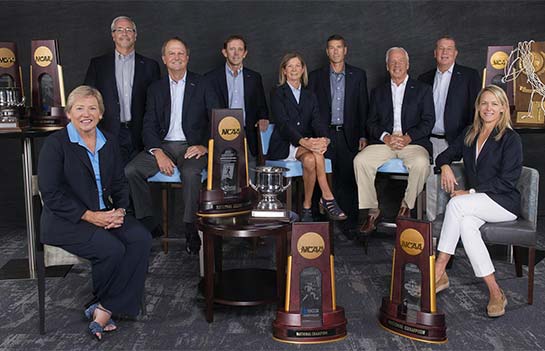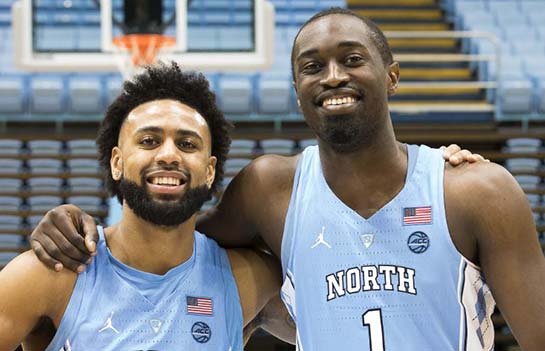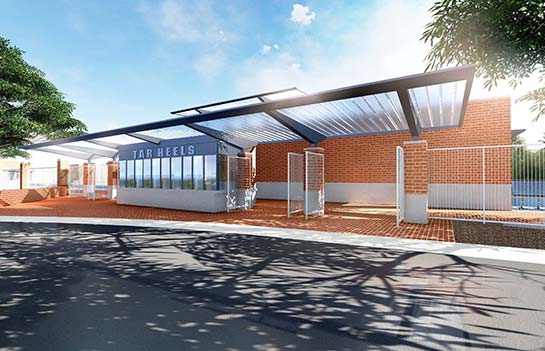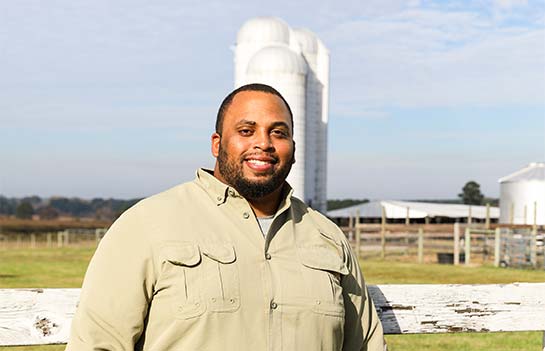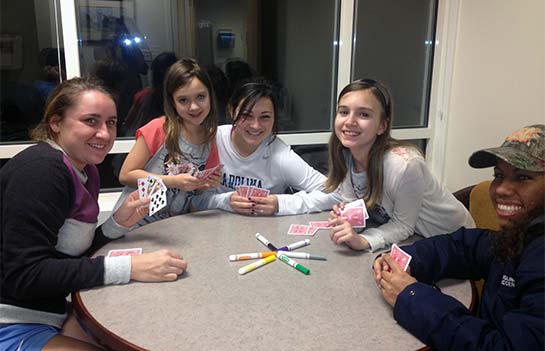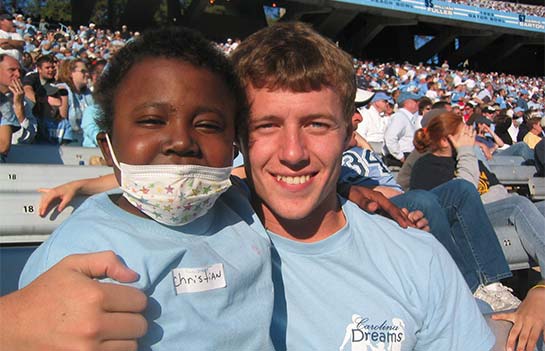FAMILY FIRST
ACHIEVING ROY WILLIAMS’ GOAL OF MAINTAINING THE CAROLINA FAMILY HAS REQUIRED CONSTANT COMMITMENT
By: Adam Lucas
When Roy Williams accepted the job as Carolina’s head coach in 2004, he knew there were two immediate tasks.
First, of course, he had to win. The results have been indisputable, with three national championships and 424 victories—an average of 28 wins per season—in the past 15 seasons. Now those 28 victories per year might be taken for granted, but when Williams returned, Carolina hadn’t won 28 games in a single season since the Antawn Jamison/Vince Carter team of 1998. The Tar Heels had missed the NCAA Tournament for two straight seasons in 2002 and 2003.
So the coach knew he had to return the program to a level of success that had perhaps become taken for granted (and, arguably, has now once again become taken for granted) during the Dean Smith and Bill Guthridge years. This was the simple, fundamental assignment that was understood by even elementary observers. Roy Williams was brought to Carolina to win.
But there were other coaches who perhaps could have won games for North Carolina, even if not at Williams’ crisp pace. There was no other coach in America who understood the second priority as well as the Asheville native and 10-year UNC assistant: Williams had to find a way to restore the family atmosphere to Carolina basketball.
“There was some discontent,” Williams says. “It hadn’t been easy. The program had lost 37 games in two years and everyone had a different opinion.”
Everyone knows Williams learned plenty from Smith. But one of his first solutions to his task of restoring the Carolina Family was something he took from his Kansas experience: he had a reunion. On a February weekend in 2004, 219 Tar Heel basketball lettermen returned to Chapel Hill. They attended the home win over Florida State in the Smith Center, and then they gathered for a banquet. Six different alumni speakers addressed the crowd, dating as far back as Nemo Nearman from the class of 1950.
There was laughter (Lennie Rosenbluth told his fellow players that when he arrived in Chapel Hill from New York, he noticed everyone had three names—Jim Bob, Susie Joe, etc. So he began to tell people his name was “Lennie Shootalot Rosenbluth.”) and there were tears, as Al Wood and King Rice spoke honestly about how the Carolina basketball family had helped them through rough times in their lives.
Williams had given his current team, the 2004 squad that included the core that would eventually become the 2005 national champions, one simple instruction before the weekend began. “Don’t try to be cool,” he told them. “Don’t sit there and say, ‘When is this old guy going to be through talking?’ In 15 or 20 years, you’ll be that old guy.”
Now, here we are, almost 15 years later, and some of the members of that 2004 team have been instrumental in once again making Chapel Hill a place Tar Heel basketball players never seem to want to leave.
Jawad Williams, a junior on that 2004 squad, was one of the first to decide he wanted to make Chapel Hill home. He’s traveled the world during his basketball career, playing in the NBA and in a half dozen different countries, most recently in Japan. But every single summer, although he’s a Cleveland native, he returns to Chapel Hill, where he now owns a home.
“This is a great place to raise a family,” he says. “You get that sense of family and community here. Even on Franklin Street, you run into the same people, and they’ve known you almost your whole life. I’ve been here since I was 17 years old, and I’m 35 now. Things don’t change. The people don’t change. And you get used to that.”
Fellow 2005 national champion Raymond Felton, a native of Latta, S.C., also established an offseason home in Chapel Hill. They became the first two of approximately a dozen non-North Carolina natives who have either bought or rented a home in the Triangle to enable them to be closer to the program in the summer. Combined with other Tar Heel natives like David Noel and Justin Watts who are regularly around the program in the summer, there’s never a shortage of alums around the Smith Center during the offseason.
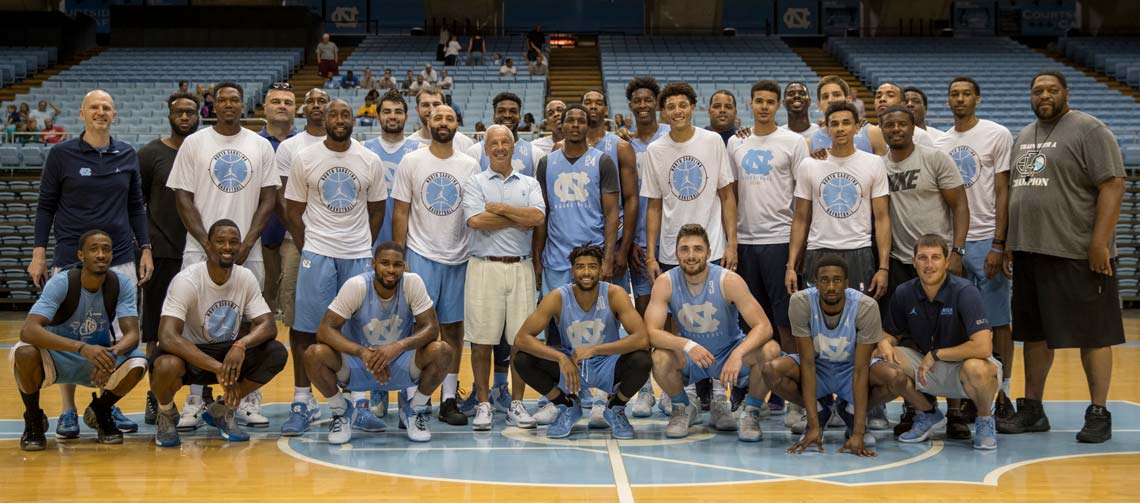
That has helped turn the annual current team vs. alumni game that’s part of the Roy Williams Basketball Camp into a must-see event. Earlier this summer, Harrison Barnes stopped by for a few days and played in the game, where he joined Kendall Marshall, John Henson, Tyler Zeller and Watts on the court. Looking at his teammates, Barnes couldn’t miss the fact that the nucleus of the 2012 team that was derailed by injury was back together again. “We’re running it back for 2012 one more time,” he said, and the alums, as you’d expect, thumped the current squad.
Marcus Ginyard was also on hand for one of the camp games this summer. Like Jawad Williams, he’s played all over the world during his professional basketball career. And also like Jawad Williams, he’s bought a home in the Chapel Hill area to be as close as possible to Carolina during the summer.
“People come from all over and spend some of the best years of their lives here,” Ginyard says. “You experience success at a high level, under the watchful eye of the best coaching staff in the country. Everyone around this program is doing everything at a high level, and it’s great to be around those types of people because they shape you in such a positive way. When you’re trying to find a place to settle down, Chapel Hill will always be a spot you think of.”
Ginyard was a player at Carolina during the 2009-10 season, when the program celebrated its 100th anniversary. The year-long celebration included two events that brought together lettermen from across the generations, and showed a young Ginyard the importance of being part of the family.
He also spent plenty of summer afternoons playing in the Smith Center pickup games, where alums and current players regularly mix and compete.
“As a player, when you’re here in the summer and you see other people who decided it was important for them to be here, that puts it in your brain from an early age,” he says. “You know that you need to be here in the summer and spend time with the younger guys and try to shed some light on them from your experience.”
Those cross-team relationships have led to some very close friendships even among Tar Heels who didn’t play together. Deon Thompson and Marvin Williams, for example, are very close friends despite never being teammates.
That can create some unique workout partnerships. One of the professional perks for returning alumni is constant access to the Smith Center. It’s one of the best facilities in the country, of course, and there’s always an open basket to get in a workout and an accommodating staff. Just as importantly, there’s also a constant stream of high-level players coming through the building in the summer, and they’re almost always willing to get up a few more shots with a Tar Heel brother.
“We’re very lucky to have 24-hour access to the Smith Center,” says Jawad Williams. “I turn my music up loud, and I’m in there getting up shots. Sometimes it’s 1 a.m. and I’m still in there. I might be walking out and another guy is walking in, and that turns into another workout session or just sitting down and talking.”
That’s the type of interaction that makes Roy Williams smile, and serves as reinforcement that—in addition to all those victories—his second stated goal has been achieved. The Tar Heels are winning at an unprecedented clip. And they’re doing it while maintaining a Carolina Family spirit that remains unique in college basketball.
“Our family is pretty big,” the head coach says. “I wanted everyone to understand that whether they played for Coach McGuire, Coach Smith, Coach Guthridge, Coach Doherty, or myself, it is still their program. And it’s been a wonderful ride.”
More Stories
The impact of giving comes through in wonderful stories about Carolina student-athletes and coaches, as well as the donors who make their opportunities possible. Learn more about the life-changing impact you can have on a fellow Tar Heel through one of the features included here:
